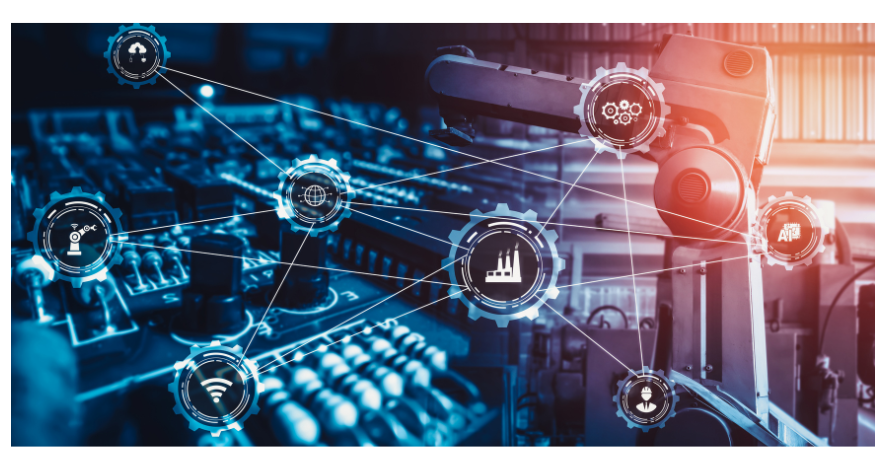Digital Innovation
As an expert in the marine engineering industry, I am witness to some of the most exciting times of transformation for this sector.
The advent of industry 4.0 and the digital revolution have sent waves of innovation into every corner of our industry, transforming everything from the ships themselves to the way we manage their maintenance and operations. In this essay, I will discuss the future of marine engineering and how digital transformation will shape the seascape of tomorrow.

Marine engineering is an essential part of the global economy. Ships transport over 90% of the world's goods, from raw materials to finished products. As a result, a thriving marine engineering industry is vital to the global trade system. The industry has been transforming steadily over the past few decades. Still, the introduction of Industry 4.0 technologies has provided an unprecedented opportunity to improve productivity, safety, and efficiency across the industry.
Digital transformation has brought about several changes in the way marine engineering is practiced. For starters, we have seen impressive advances in ship design. The advent of 3D printing technology and computer-aided design (CAD) has revolutionized the way marine engineers conceptualize and build ships. These technologies allow for more precise and efficient design, resulting in faster and more cost-effective shipbuilding.
Similarly, Industry 4.0 technologies have revolutionized the way we manage ship maintenance and operations. The introduction of IoT sensors now allows fleet managers to collect real-time data from various ship components and subsystems. This data can be used to monitor fuel consumption, engine performance, and other critical ship functions. This information can be analyzed and used to make data-driven decisions, which can help improve the performance and efficiency of marine engineering operations.
Digital transformation has also allowed for more efficient supply chain management. The introduction of blockchain technology has provided an excellent opportunity for supply chain stakeholders to track the movement of goods and transactions from one point to another. This technology can improve traceability, creating a more transparent and accountable supply chain.
One of the most exciting prospects for marine engineering is the development of autonomous ships or self-sailing vessels. The development of fully autonomous vessels is in the works, paving the way for more reliable and efficient goods transportation on the high seas. These ships will rely on artificial intelligence algorithms and sensors to navigate their way around the sea autonomously.
Moreover, new innovations in ship propulsion systems are underway, promoting the adoption of cleaner and more sustainable technologies. Renewable technologies like wind power and fuel cells are becoming more popular, providing an excellent opportunity to reduce the emissions and carbon footprints of marine transport.
In conclusion, the future of marine engineering is bright, thanks to the influence of digital transformation and Industry 4.0 technologies. The industry is poised to witness significant changes in the coming years, with advancements in ship design and maintenance, supply chain management, autonomous ships, and sustainable propulsion systems. These innovations will drastically improve productivity, reduce costs, and enhance sustainability in marine engineering operations. As experts in the industry, we must embrace these changes and work hard to leverage digital transformation to unlock the full potential of marine engineering.
